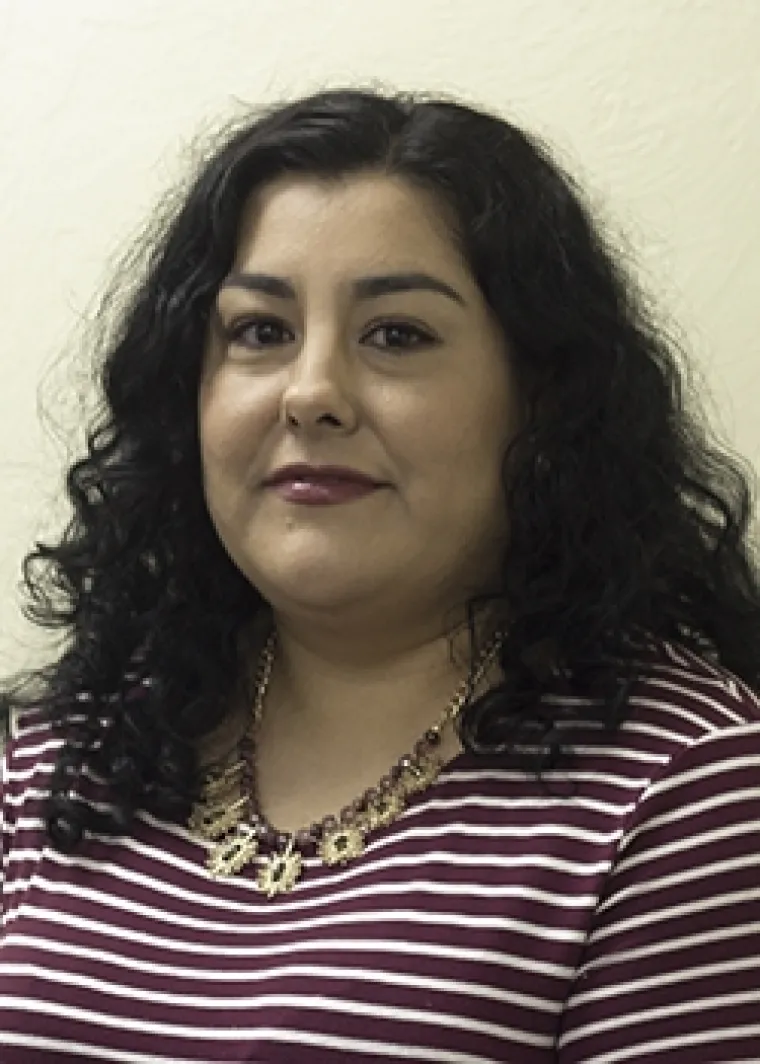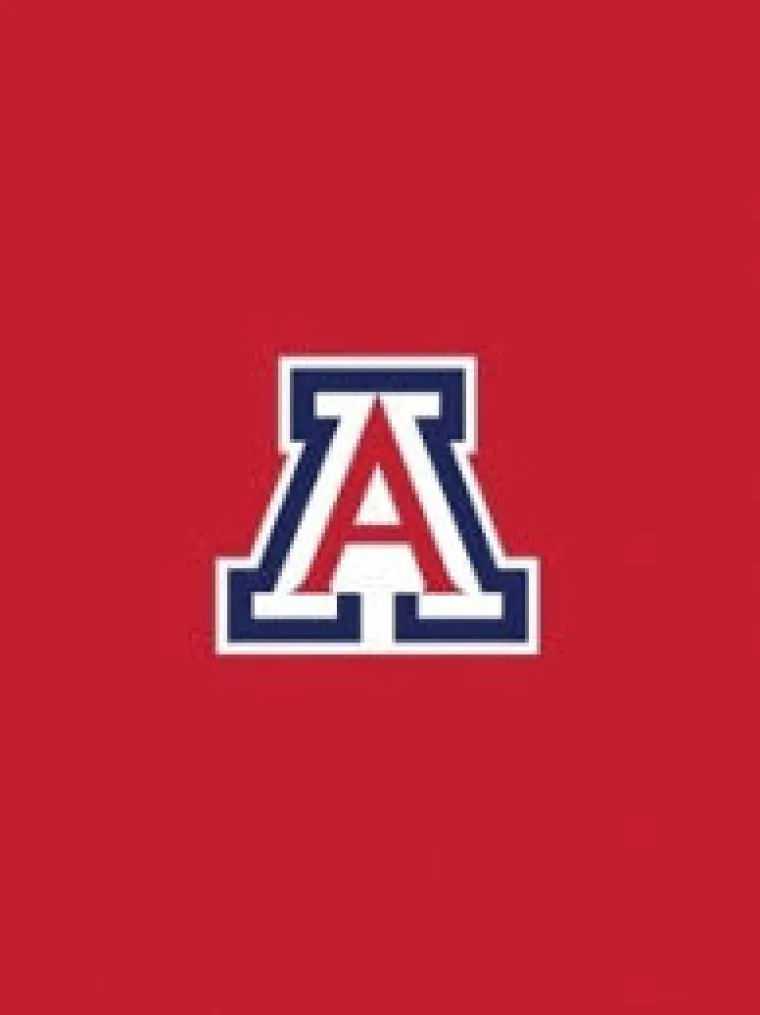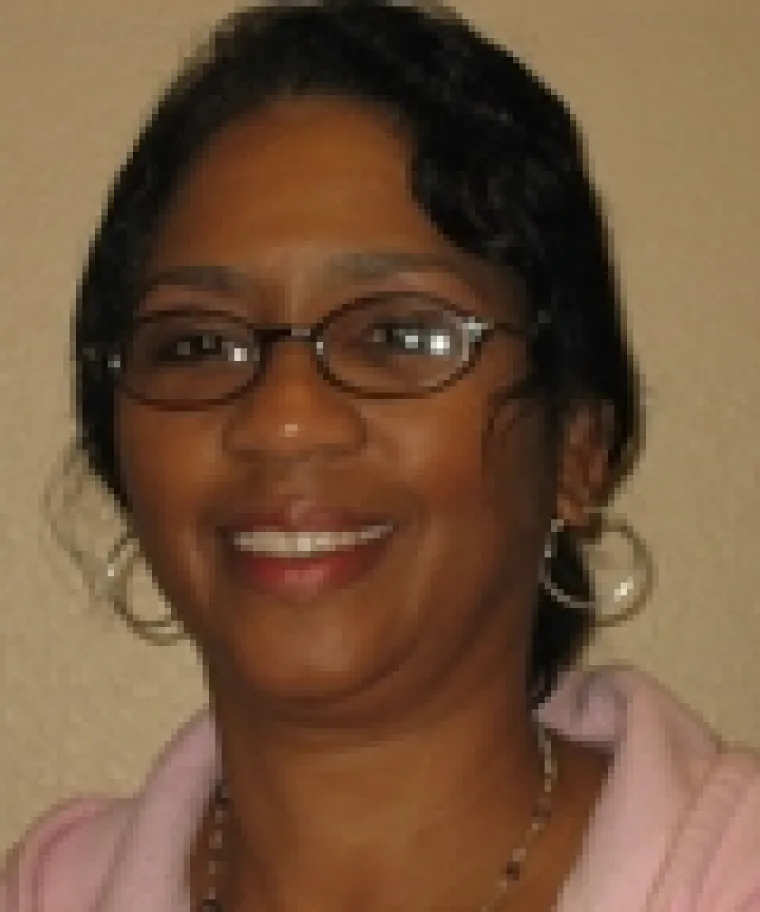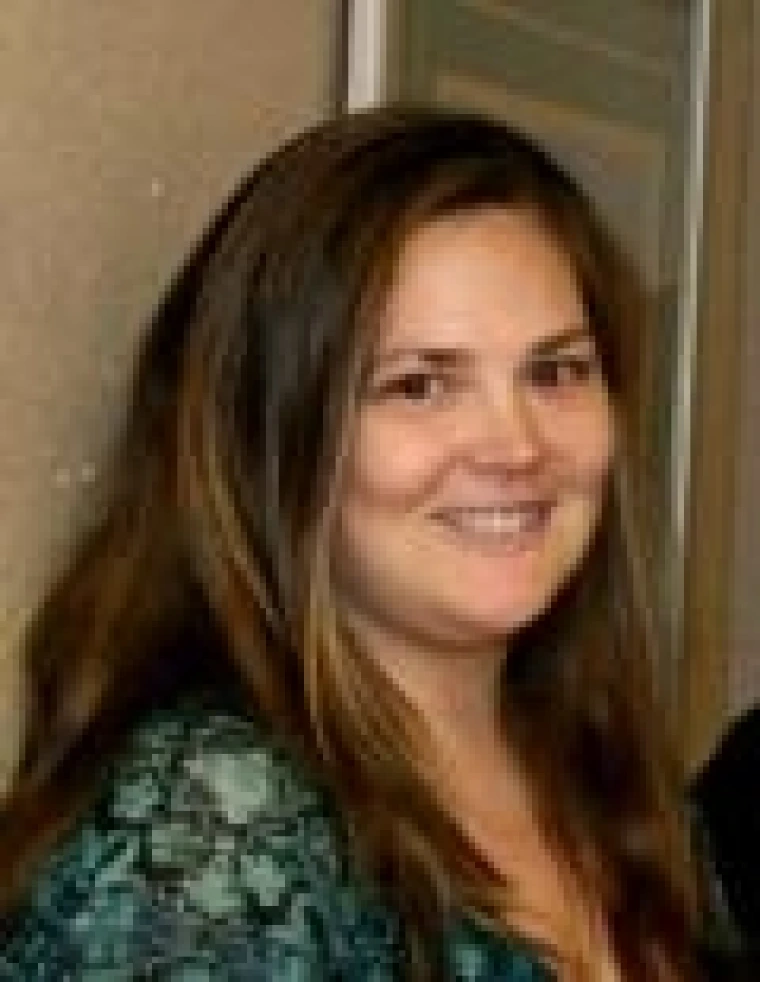Workforce Development Program
Award-winning. Evidence-based. Recovery-focused. Certified peer-delivered.
You’ve gained incredible knowledge from your lived experience. Now transform that knowledge into skills to support others on their path to recovery. This state-approved training certifies you to work as a peer recovery support specialist in the state of Arizona.
About
The RISE Workforce Development Program (WDP) began in 2004 with the Recovery Support Specialist Institute (RSSI). The RSS Institute was developed as a training for individuals with mental illness and/or substance use disorders to gain employment as peer recovery support specialists to work within the behavioral health care system, offering support and teaching recovery skills and practices.
To be eligible, participants must self-identify as a person with lived experience of mental health or substance use conditions for which they have sought help or care, and who has an experience of recovery to share, and who intend to work in the behavioral health or integrated health field to practice and provide peer support services. Participant experience and educational background ranges widely.
The program, though longer and more intensive than others in the region, is considered the gold standard in the Arizona behavioral health community.
The Workforce Development Program has a long-standing and nationally recognized dedication to improving the health care system by promoting recovery-oriented services and the value of peer support and lived experience in the workforce. The Recovery Support Specialist Institute focuses on training individuals to work as peer support specialists, while simultaneously promoting the value of meaningful work for individuals’ recovery and well-being.
The WDP RSS Institute is delivered throughout Arizona, including in-person sessions in Tucson, and online trainings available across the state of Arizona.
As part of the Department of Family and Community Medicine, the WDP has established partnerships with the college’s evaluation team to monitor and maintain data deliverables in the service of outcomes evaluation and academic research. Outcomes and findings are regularly shared at conferences and as part of forthcoming publications in peer-reviewed journals. Data quality is continuously monitored and updated.
The Workforce Development Program gratefully accepts outright gifts of cash, by credit card or check, which are tax-deductible in the year given.
Write a check payable to University of Arizona Foundation/Workforce Development Program and send to:
University of Arizona Department of Family and Community Medicine
655 N. Alvernon Way, Suite 228
Tucson, AZ 85716
All contributions are processed through the University of Arizona Foundation and are tax-deductible subject to the limits allowed by the Internal Revenue Service.
Certified Peer/Recovery Support Specialist Training
You will gain knowledge that will support you in turning personal experiential knowledge from your own recovery journey into skills, or experiential wisdom, to provide assistance to others in achieving their recovery goals.
- The training covers the foundations of recovery as developed by Substance Abuse and Mental Health Services Administration (SAMHSA) and Arizona Department of Health Services/Division of Behavioral Health Services (ADHS/DBHS).
- The training covers multiple topics: peer support, role modeling, building relationships, communication skills, empathy and skills training, ethics and boundaries, SMART training, documentation, appeals and grievances, mandated reporting, advanced directives, cultural competency, co-occurring disorders (mental illness and substance use disorders), medication and side effects, motivational interviewing, spirituality, crisis/suicide/trauma, tools for entering the workforce, group facilitation, supervision, HIPAA and disclosure.
- Students will gain understanding of: how a person’s mental health and physical health contribute to make up a person’s whole health, SAMHSA’s Whole Health Action Management (WHAM), morbidity and mortality in people with serious mental illness, self-screening tool (assessment), skills training laboratory (blood pressure, blood sugar, etc.), human body systems, virtual clinic tour, concepts of functional medicine, different common disease processes, universal precautions, and how to find additional information needed to help a person navigate the health care system.
Certification will be awarded upon successfully completing the Institute and passing the certification exam.
Admission Criteria
Individuals enrolled in AHCCCS and insured through Banner University Health Plan, Arizona Complete Health or American Indian Health Plan may be eligible.
Other funding options may be available. Contact us for more information: 520-621-1642
You must attend an in-person screening on one of the following 2026 dates to begin the enrollment process:
January 6, 13, 20
2 p.m.
1030 N. Alvernon Way
Tucson, AZ 85711
Application Process
- Attend a screening/application session (see above available dates)
- Write a brief essay about “Why I want to become an RSS”
- Obtain two letters of recommendation
- Complete the required referral documents with your recovery coach (unless you are enrolling through Pima County One Stop or self-pay)
Submit to:
Workforce Development Program
fcm-wdp@email.arizona.edu
Fax: 520-626-7833
Or mail to:
Workforce Development Program
1030 N. Alvernon Way, Tucson, AZ 85711
If you have already completed Peer Support Specialist training with another provider and received certification through them, you are not eligible to duplicate the certification through the RSS Institute.
See our flyer more information:
Recovery Support Specialist Institute #121
Supporting Support Specialists (S3)
S3 is a monthly gathering for certified peer support specialists and family support specialists. Whether you are currently working in the field or looking for work, you are welcome to join.
Our purpose is to create a supportive community where participants can:
- Connect with others who share similar experiences and values
- Share tools, resources, and strategies that strengthen our practice
- Learn from guest speakers and peers about the different ways we each approach support work
- Explore job networking opportunities and hear about potential openings in the field
- Find encouragement and inspiration to bring back into the work we do every day
S3 is a welcoming space where both working professionals and job-seeking certified specialists can connect, learn and grow. Together, we help strengthen the peer and family support community in Tucson and beyond.
We meet on the fourth Friday of every month from noon – 1 p.m., both in person and on Zoom.
In Person Location
1030 N. Alvernon Way
Tucson, AZ 85711
Join on Zoom
Don’t miss updates, reminders and community resources! To subscribe to the S3 Newsletter to stay up to date with meeting topics, guest speakers and special opportunities, please send your contact information to fcm-wdp@email.arizona.edu.
Project FUTRE: Families Uplifted Through Recovery Education
Project FUTRE is a behavioral health training program for family support specialists. It aims to increase the number of behavioral health-related paraprofessionals qualified to provide services to children and families who are impacted by opioid use disorders (OUD) and other substance use disorders (SUD).
Program Format
Certification Training
Consists of six months of classroom learning and hands-on experiences at a behavioral health agency or integrated health care provider.
Apprenticeship
Optional, paid, full-time 12-month placements, working on-site with a behavioral health agency or integrated health care provider.
Upon completion of their studies, participants are provided with two SMART Recovery training sessions to enhance their understanding of recovery at their own pace.
SMART Recovery is a nationwide nonprofit, evidenced-informed recovery method grounded in rational emotive behavioral therapy (REBT) and cognitive behavioral therapy (CBT), offering free support groups to individuals who desire to gain independence from any type of addictive behavior. SMART Recovery Facilitator/Family & Friends Training combines the prerequisite GSF 201: Facilitator Training and the GSF 202: Family & Friends Training add-on training, equipping trainees to successfully facilitate SMART meetings for individuals or family members.
Time Commitment
Certification Training
5-10 hours per week for six months, for a total of 160 hours (144 classroom and 16 professional shadowing hours to be completed at a partner organization)
Apprenticeship
40 hours per week for 12 months, for a total of 2,000 hours
Financial Support
Certification Training ($5,500 + $500 bonus)
Trainees will receive approximately $916.65 monthly for six months from the University of Arizona. To receive stipend payments, trainees are expected to attend class and complete required coursework. Those who complete the certification training and return all borrowed equipment (laptops, MiFi, etc.) will be considered for up to a $500 completion bonus from U of A. All trainees will also receive a scholarship to cover training costs.
$916.65 x 6 months + $500 bonus (must qualify) = $6,000
Apprenticeship (salary/benefits + $7,000 stipend + $500 bonus)
Trainees are encouraged to apply for but are not guaranteed placement into a full-time, paid apprenticeship with a behavioral health agency or integrated health care provider. The hourly pay/salary and benefits will be set by the partner organization (the apprentice’s employer). The typical hourly wage in southern Arizona as a behavioral health paraprofessional is $12-$15. Apprentices will receive three payments from U of A for an apprenticeship: 1) first stipend payment of $3,500 during the first half of the apprenticeship, 2) second stipend payment of $3,500 during the second half of the apprenticeship and 3) a final $500 bonus, if they complete the full 12-month apprenticeship.
$3,500 first stipend + $3,500 second stipend + $500 bonus = $7,500
Important note: Stipend payments may qualify as income, and this could affect any financial, social service or public benefits that you receive. It is in your best interest to investigate how stipend payments could affect your eligibility for any benefits you receive. Check out a benefits calculator >>
Rita Romero is an instructor at the University of Arizona’s Workforce Development Program, where she trains individuals with lived experience of mental illness and/or substance use disorders to be employed as behavioral health specialists within the behavioral health care system. Romero is passionate about recovery-oriented practice and strives to empower individuals to reach their goals.
Prior to WDP, Romero worked at NAMI Southern Arizona as a training manager. At NAMI, Romero had the opportunity to teach their peer education programs as a state trainer. She enjoyed the opportunity to mentor individuals, training them in facilitation and behavioral health medical record documentation, to help them prepare for employment in the field.
Romero has received certifications as a recovery support specialist, parent and family support specialist, and advanced level WRAP facilitator, and holds a Bachelor of Arts in Japanese language studies.
Kevin Phillips, certified as both a parent and family support specialist and a peer and recovery support specialist, serves as an instructor within the Workforce Development Program at the University of Arizona College of Medicine – Tucson’s Department of Family and Community Medicine, and the University of Arizona Health Sciences’ Comprehensive Center for Pain and Addiction.
Phillips trains individuals with lived experience in mental illness or substance use disorder, empowering them to harness their backgrounds for positive transformation. As a graduate of Project MORE High School and Project FUTRE, a training program for family support specialists for which he now instructs, he deeply understands the transformative potential of alternative pathways and options in shaping individuals’ lives. Phillips is a proud and vocal advocate for recovery-oriented, person-centric, trauma-informed approaches in all aspects of life.
In 2024, Phillips was accepted on the MODRN EQUIP advisory committee to help shape how the success of opioid treatment programs is measured across the nation. In 2025, he will continue his service on MODRN EQUIP and the National Institute of Health’s Helping to End Addiction Long-term (HEAL) Connections Lived Experience Panel, explicitly contributing to the Hispanic/Latino/a/x/é subpanel for the second consecutive year.
Project FUTRE is supported by the following types of health care organizations in Arizona:
- Community health centers
- Peer- and family-run organizations
- Behavioral health care organizations
- Nonprofit organizations
- Youth behavioral health organizations
- Substance use prevention coalitions
Project FUTRE: Frequently Asked Questions
Graduates would be well-prepared for roles such as:
- Behavioral health paraprofessional
- Parent and family support specialist
- Community health worker
- Community outreach worker
- Social services aide
- Mental health worker
- Promotoro/a
- Youth worker
To better serve the needs of our patients, we prioritize varied life experiences in each cohort. Interest in pursuing the Level II apprenticeship is also a plus.
Observation hours during Level I will be coordinated directly between the trainee and the partner. This will allow trainees the opportunity to practice healthy work communication skills. Anticipate some back-and-forth phone calls and emails as our partners are providing observation hours in addition to their regular job responsibilities.
Level II staff will assist with this process, including sharing contact information and strategies for contacting partners. Observations hours should be completed from Month 3 to Month 5 during your six-month training program.
Participation in Level II is not required for admission to Project FUTRE. However, we encourage all applicants to consider applying for an apprenticeship position. Admission priority will be given to those interested in on-the-job apprenticeship training. The goal of this program is to create relevant behavioral health aide work experience and increase the workforce in Arizona communities.
You are encouraged but not required to work as a full-time employee in the Level II apprenticeship.
We encourage all trainees to follow CDC guidelines and get vaccinated. The COVID-19 vaccine is safe and effective. Some partner employers may require COVID-19 vaccines to participate in on-site observations and apprenticeship placements. If you’re working in health care, there are other vaccine requirements like hepatitis B, polio, measles/mumps/rubella, varicella, etc. Health care employers commonly require vaccines to protect the health of patients in clinical settings, as vaccines are important to reduce the spread of communicable diseases to vulnerable populations you will serve. Find locations to get vaccinated and learn more about the vaccine.
For Level I, each trainee will receive monthly checks. This can be set up via direct deposit or mailed to the trainee. This does require the trainee submit a W-9 directly to the University of Arizona Financial Services Office. This process will result in you receiving a 1099 form for tax purposes. The financial coordinator and Financial Services Office will walk each trainee through the payment process.
Once enrolled in the program, you will receive an email from the PeerWORKS/FUTRE financials coordinator with next steps to receive your payment. If you wish to receive stipends via direct deposit you must have access to a legitimate bank account or your payments will be delayed. Stipends cannot be sent to Venmo/Cashapp/Zelle accounts. Paper checks can be sent to most addresses. Contact the financial coordinator for more information.
The University of Arizona Financial Services offices will complete the first payment after you’ve completed your first or second month and when you are in good standing according to the program code of conduct. The program staff does not have control over when the first payment is processed. For your own financial planning, do not rely on your first payment for any personal bills.
Stipend payments may qualify as income, and this could affect any financial, social service or public benefits that you receive. It is in your best interest to investigate how stipend payments could affect your eligibility for any benefits you receive. Check out this website for free tax assistance.
You can email the general email at FNSV-Accounts-Payable@arizona.edu.
Following completion of the Level I certification training, trainees who are admitted to the Level II apprenticeship will be hired and work as an employee for one of several partner organizations as their employee. The partner organization will pay your salary directly. This will be coordinated and managed during the partner hiring and HR process.
No. We ask that all trainees participate using a computer. If you do not have access to a computer, please work with the instructors and staff to access one.
Check out the Technology Help section below.
No. We ask that you keep your camera on while attending and being fully engaged in virtual classes.
Parent and Family Support Specialist Institute
Using an AHCCCS-credentialed training and evidence-based practices, a parent and family support specialist is trained to engage parents and families to establish rapport, develop relationships, and assess and support progress toward health improvements.
- Coaches family members on how to supporte the resiliency and recovery goals of the family member receiving services
- Promotes self-determination, personal responsibility, and the skills, knowledge and confidence to be an effective advocate for their family member
- Mentors family members and inspires a sense of hope that resiliency and recovery are achievable goals
- Works to identify individualized goals by working with families to develop strengths, talents and abilities to make effective personal choices.
Submit application by mail, email or fax.
Workforce Development Program
1030 N. Alvernon Way
Tucson, AZ 85711
Email: fcm-wdp@email.arizona.edu
Fax: 520-626-7833
Questions? Call 520-621-1642
Additional Training and Consultation Services
Consultation and trainings are available for organizations moving toward providing behavioral health care and peer support services as part of their integrated health practice models.
1030 N. Alvernon Way
Tucson, AZ 85711
Phone: 520-621-1642
Fax: 520-626-7833
fcm-wdp@email.arizona.edu






